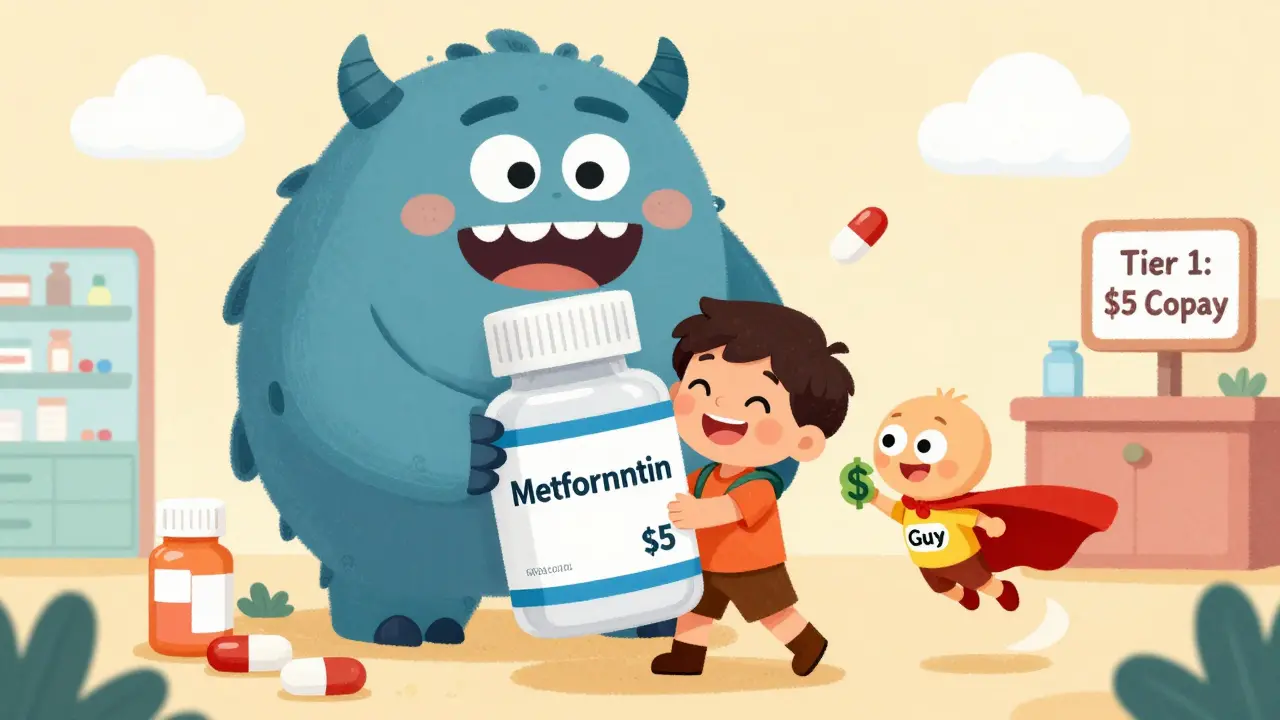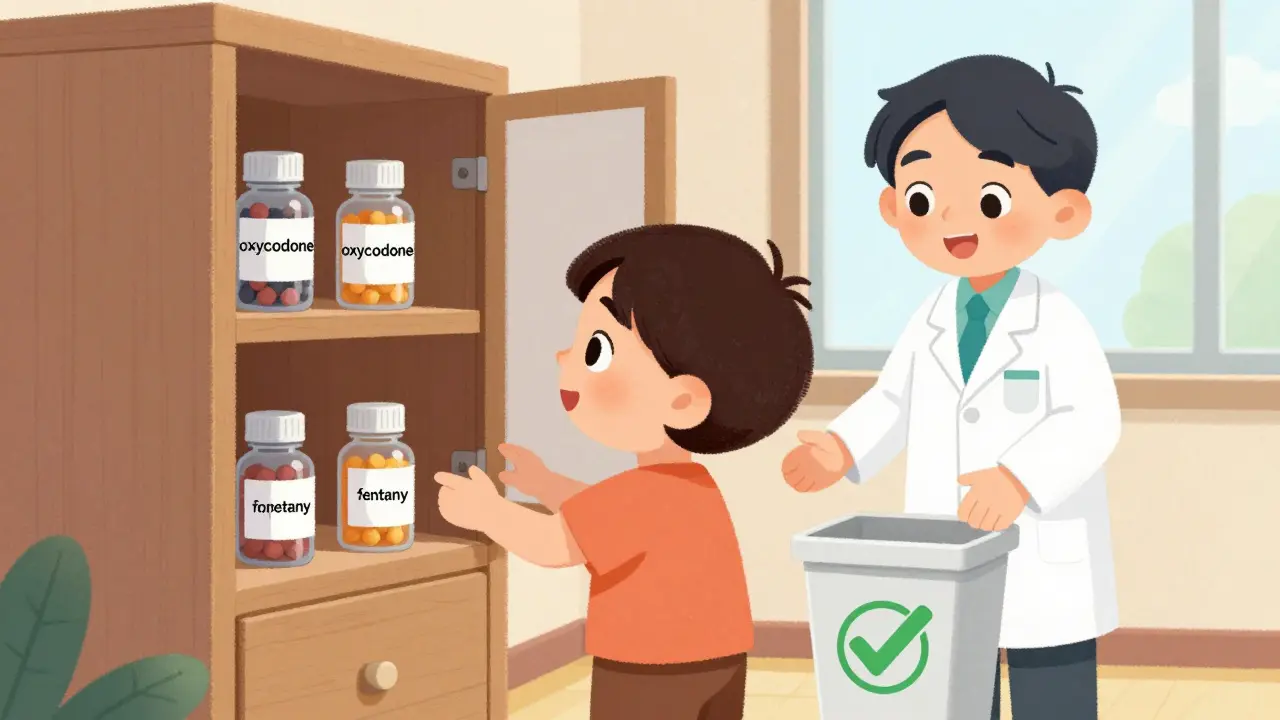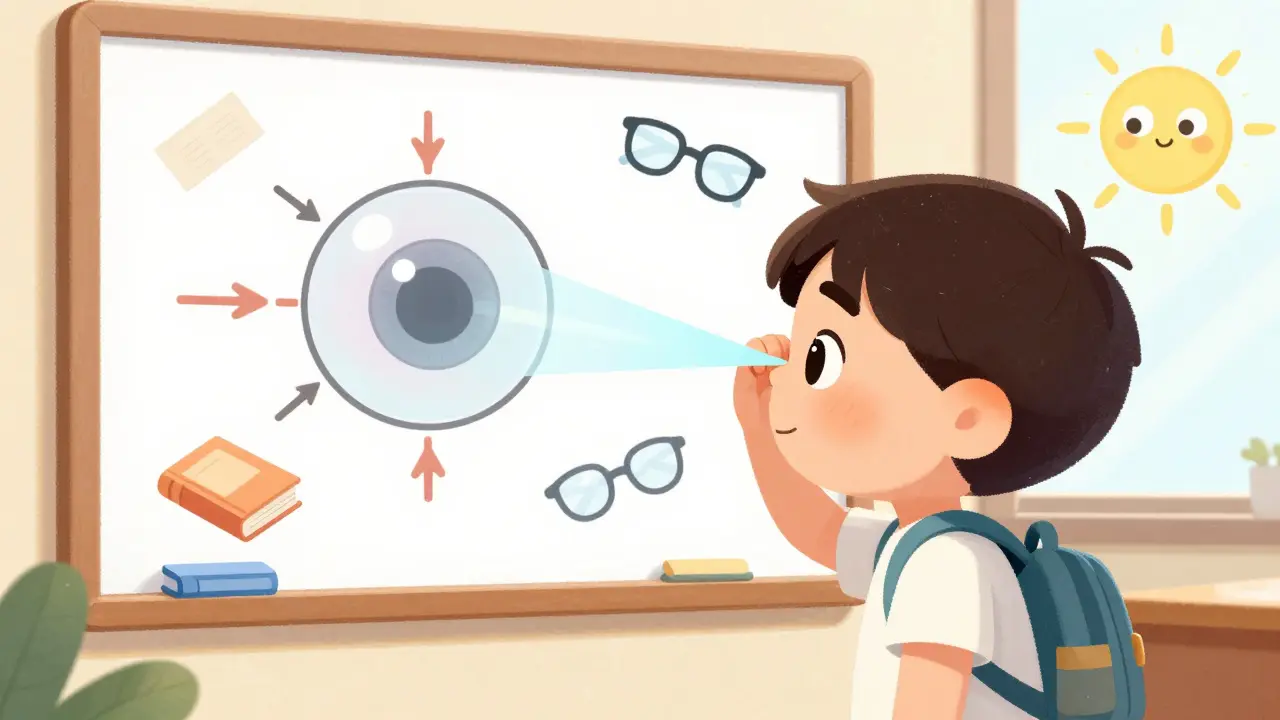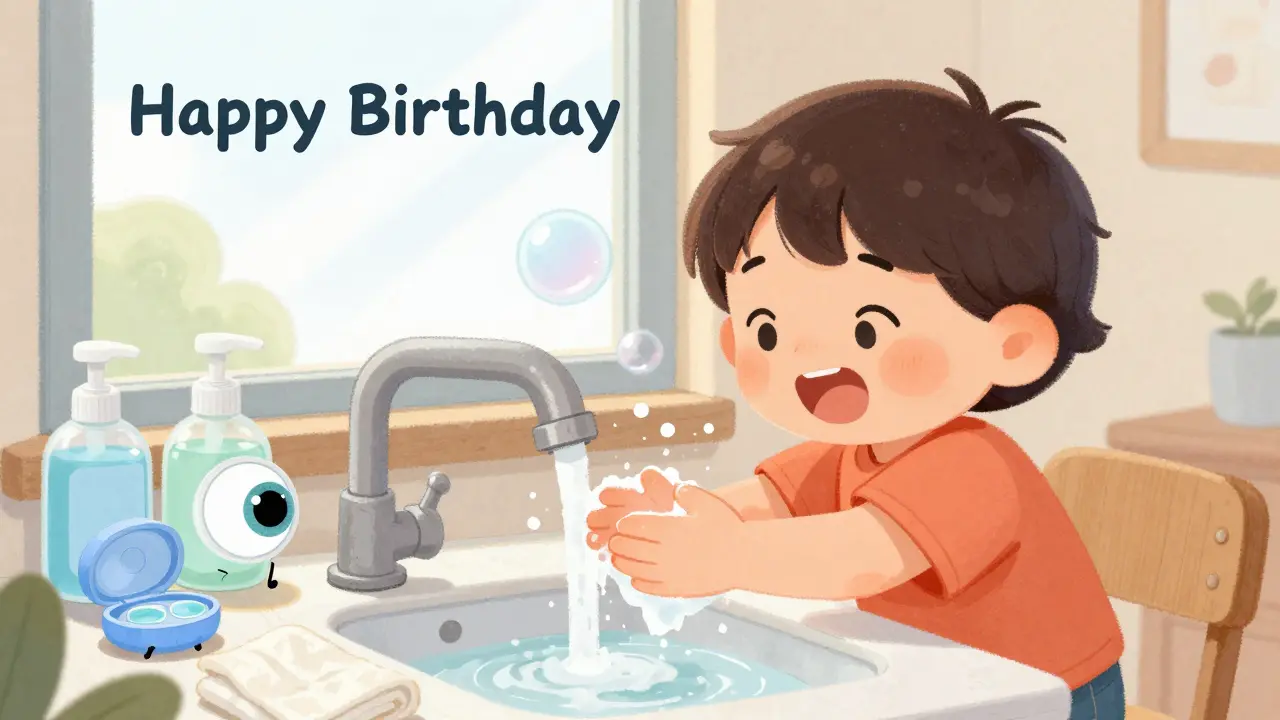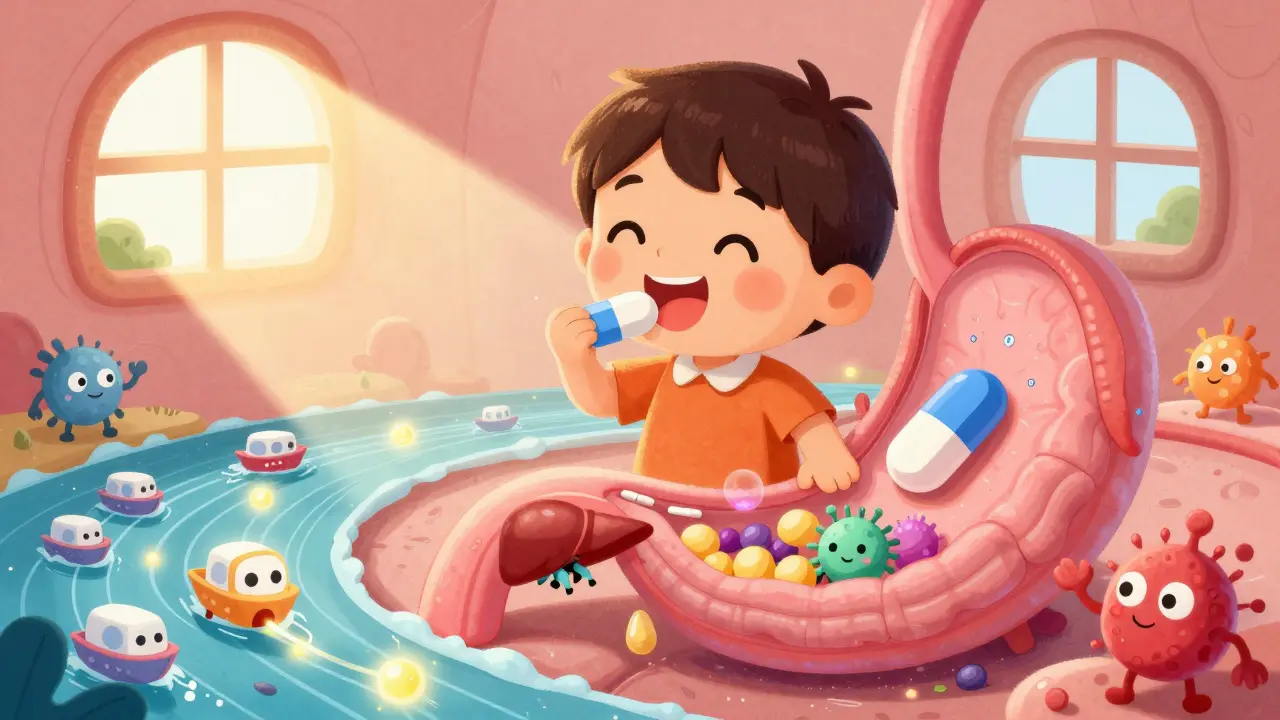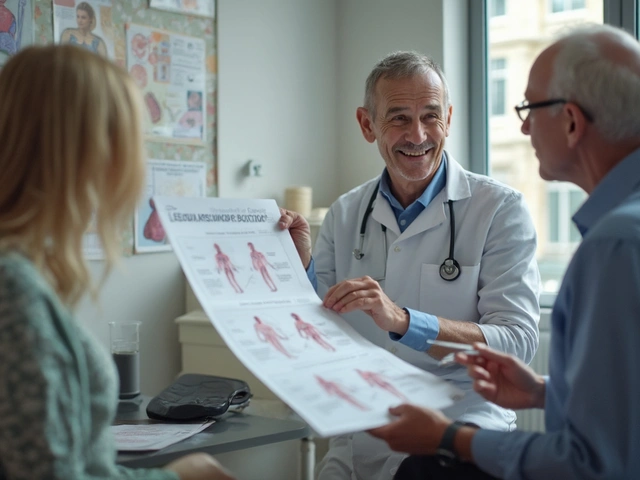Health Information you can trust — clear guides and practical tips
Looking for straightforward health information without the fluff? This category brings together short, useful guides on medications, common conditions, and trustworthy medical sites. You’ll find practical takeaways you can use now — what to watch for, when to see a doctor, and where to double-check facts.
What this section covers
We collect reliable articles about drugs, disease prevention, and how to read medical advice online. For example, our piece on "Top 6 Reliable Alternatives to WebMD" lists sites like Healthline, Mayo Clinic, Cleveland Clinic, Medical News Today, and Drugs.com and explains what each is best for — quick symptom checks, in-depth clinical overviews, news, or drug details. That helps you pick the right source fast.
If you need condition-specific info, check our posts about causes, symptoms, and simple prevention steps. Two nearly identical posts on the life cycle of Sarcoptes scabiei explain how scabies spreads, the stages from egg to adult, and practical steps to stop reinfection. Those articles break down symptoms, treatment options, and hygiene tips so you can act quickly and confidently.
How to use this information safely
Not all online health info is equal. Quick checks you can do: look for author credentials or an editorial team, check the article date, and prefer sites that cite research or clinical guidelines. If a source promises miracle cures or tells you to skip your doctor, treat it with caution. Use our posts to learn the basics, then bring questions to your clinician.
Here are three fast rules: 1) For medicine questions (dosage, interactions) trust pharmacy-focused sites or your pharmacist. 2) For diagnosis and treatment choices, use hospital or clinic pages written or reviewed by clinicians. 3) For current news about treatments, check reputable medical news outlets and confirm with clinical sources.
Need help right away? If symptoms are severe — high fever, trouble breathing, chest pain, sudden weakness, or severe allergic reactions — seek emergency care. For ongoing symptoms or medication concerns, book a visit with your primary care provider or a specialist.
Want to find a specific article fast? Use the search box or browse tags for medications, infections, and trusted sites. Read one or two articles, note any sources they cite, and keep your questions ready for your clinician. Our goal is to give clear, practical info so you can make better health decisions and know when to get professional care.
Explore the posts, bookmark the pages you like, and reach out with topics you want explained simply. We update content often to keep it accurate and useful for everyday health decisions.

